The title of this blog post is borrowed from an essay by Ivor Indyk in the Australian Book Review, November 1997, well before the explosion of book review blogs that have changed not only the face but the entire body of reviewing, and what is understood by literary opinion and authority. In a way that seems prophetic now, Indyk stated that ‘the critic’s authority is a reader’s authority. Criticism is the reflective aspect of reading, present to a greater or lesser extent in the experience itself, not detachable from it.’ Book bloggers often disclaim any authoritative status, professing instead to express ‘personal’ opinions. They often use the word ‘honest’ as well; it is as though these claims, to personal opinion and honesty, absolve them from analysis, or comparative judgements built up over a period of reading and reflecting, or a knowledge of literary traditions and history.
So many opinions and judgments are now being offered publicly, not just to a circle of friends, or private book discussion group, that anybody trying to negotiate them faces a daunting task. This is happening at the same time as traditional newspaper reviews are drastically shrinking.
As a traditionally published fiction writer and a professional (ie paid reviewer) who has moved into publishing her own ebooks, and writing reviews of other indie authors, I welcome the new opportunities, and indeed could not think of myself as having any kind of a writing future without them. But I also believe that publishing one’s opinions carries a responsibility; first of all to read the book the author has actually written, whether or not it conforms to expectations raised by a particular genre, or whatever happens to be the current fashion with regard to style; and secondly, by suspending the expectations of personal taste. The gratification of personal taste should not be at the forefront of a reading experience, when that experience is undertaken with a view to publishing world-wide.
-
Thanks for your comment, Joan. I think you are right that a new cottage industry has grown up around ebook publishing, on Amazon and related to Amazon reviews in particular. A surprising number of customer ‘reviews’ – I don’t think that’s the right name for them, but it’s the name that Amazon and other sites give them – are vituperative and extremely hostile. This is at the lowest end of the claim to ‘personal opinion’ and ‘honesty’ I talk about in my post. Of course, book reviews aren’t the only places where people give vent to childish rage on the internet…
June 10, 2014 — 4:46
[…] few weeks ago, I wrote a blog post about Indie reviewing. That was before I’d come across an article in the Guardian by John Self, criticising Booker […]
Sorry I missed this Dorothy – I had a big April, May, June – and it’s going to get busy again in late July-early August but I have a moment or two right now!
First, let’s forget the Amazon (and co) reviews. I don’t really call them reviews and I think they are third tier perhaps (albeit there are crossovers) in the current reviewing paradigm which embraces professional and amateur reviewers. You write: “The gratification of personal taste should not be at the forefront of a reading experience, when that experience is undertaken with a view to publishing world-wide”. I’m nervous about “shoulds”, I must say – for authors and for reviewers. Reviews of the sort you are talking about – personal taste “honest” reviews – are not the ones I tend to read. As soon as I read “I didn’t like the book because I didn’t like” the character or (even) the ideas presented, I’m usually out of there. I don’t for example have to like an idea or agree with an author to like a book. But, some readers do like these sorts of reviews and those reviews, I suspect, sell books among those sorts of readers, which is a good thing.
So, I’m inclined to accept that the literary criticism-book review scene has changed dramatically – and to explore what this means for readers, authors, the industry – rather than decry it. I do appreciate that at the worst end of the spectrum harm can be done by uninformed opinionated readers but I would hope that such views out in the open are more easily counteracted than those behind closed doors?
All this is not to say, of course, that we shouldn’t [there’s that word] try to educate each other and ourselves about the art of reading
Thanks for your comment, Whispering Gums.
In my most recent post, I’ve added to my remarks about indie reviewing by saying that, in this earlier post, I fail to give sufficient credit to those reviewers like yourself who bring a lifetime’s reading and thinking about books to the task, and whose insights are immensely valuable. This is a necessary corrective, and I should have made the point at the start.
I wonder if you have read the Guardian debate about indie reviewing. (There’s a link to it in my latest post.) I’d be very interested to hear your views on it, if so.
I was trying to argue that, with the decline in paid, ‘professional’ reviews, a decline that looks set to continue, all online reviewers have a responsibility to think carefully about what they write. But they won’t, of course. You are right to be nervous of ‘shoulds’, and I also accept your point that many readers might well prefer less analytical reviews. But I can’t help coming back to that idea of responsibility, in a situation which, as you say, the publishing and reviewing industries are undergoing enormous changes.
-
Thanks Dorothy. Yes, I did read your follow-up email, and understood your qualification. I hope you realise I didn’t take any offence at what you wrote above (whether or not you included blogs like mine) because I appreciated the wider principle you were raising.
I have now read The Guardian article. I’m aware of Self’s blog, though don’t read it. I do read, more frequently, Max Cairnduff and Kevin from Canada. I certainly agree with much of what he says – not surprisingly. He says some things that many of we bloggers have said eg the fact the bloggers can more easily cover books from anywhere and anytime, that they (we) can write as long or as short as we like, and that we can develop a bit of our own personality.
However, I do understand your point about responsibility. Without naming names, the Australian Women Writers Challenge was approached last year by a writer raising some of the concerns you allude to – about “reviewers” quoting large chunks with little context, telling the story (including spoilers), and damming without reason/context. She had a point but what to do? We are a democratic group, and the reviews themselves are not posted on our blog. So, we decided to write a policy. Of course, we can’t enforce people using it but neither have we have considered vetting reviews. The cat is out of the bag, really, so in my wishy-washy way I’d say we just need to accept (but keep talking, of course) that quality will vary. After all, look at the quality of journalism we get every day (from professional journalists).
July 8, 2014 — 10:41
Thanks so much, WG, for taking the trouble to reply. I think the large questions of democracy versus control and gate-keeping are ones we ‘should’ address – all of us who are struggling to understand this rapidly changing environment of writing, publishing and reviewing. I am closer to the issues around writing and self-publishing than I am to reviewing, though I take a keen interest in book reviews, and highly value blogs like yours, Lisa Hill’s and Guy Savage’s. I was forced to consider the conflict in myself, between my ‘elitist’ and my ‘democratic’ tendencies, when I discovered that the Barbara Jefferis Award (which I’m judging this year) was going to be open to self-published books. I’m in favour of this, and I have no wish to re-instate the gate-keepers of the past. But the issues are knotty ones!
So thanks, once again, for your contribution.
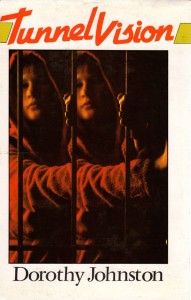
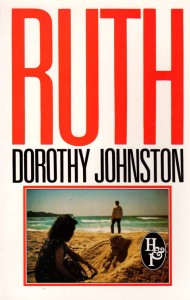
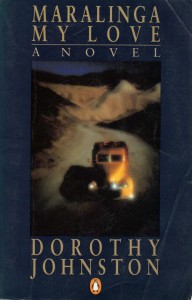
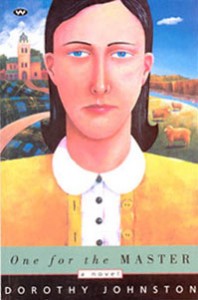
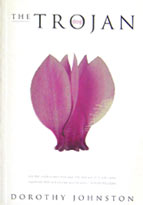
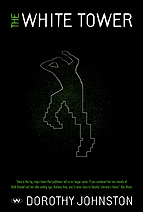
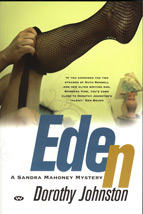
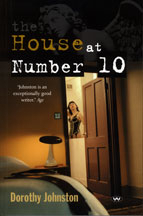
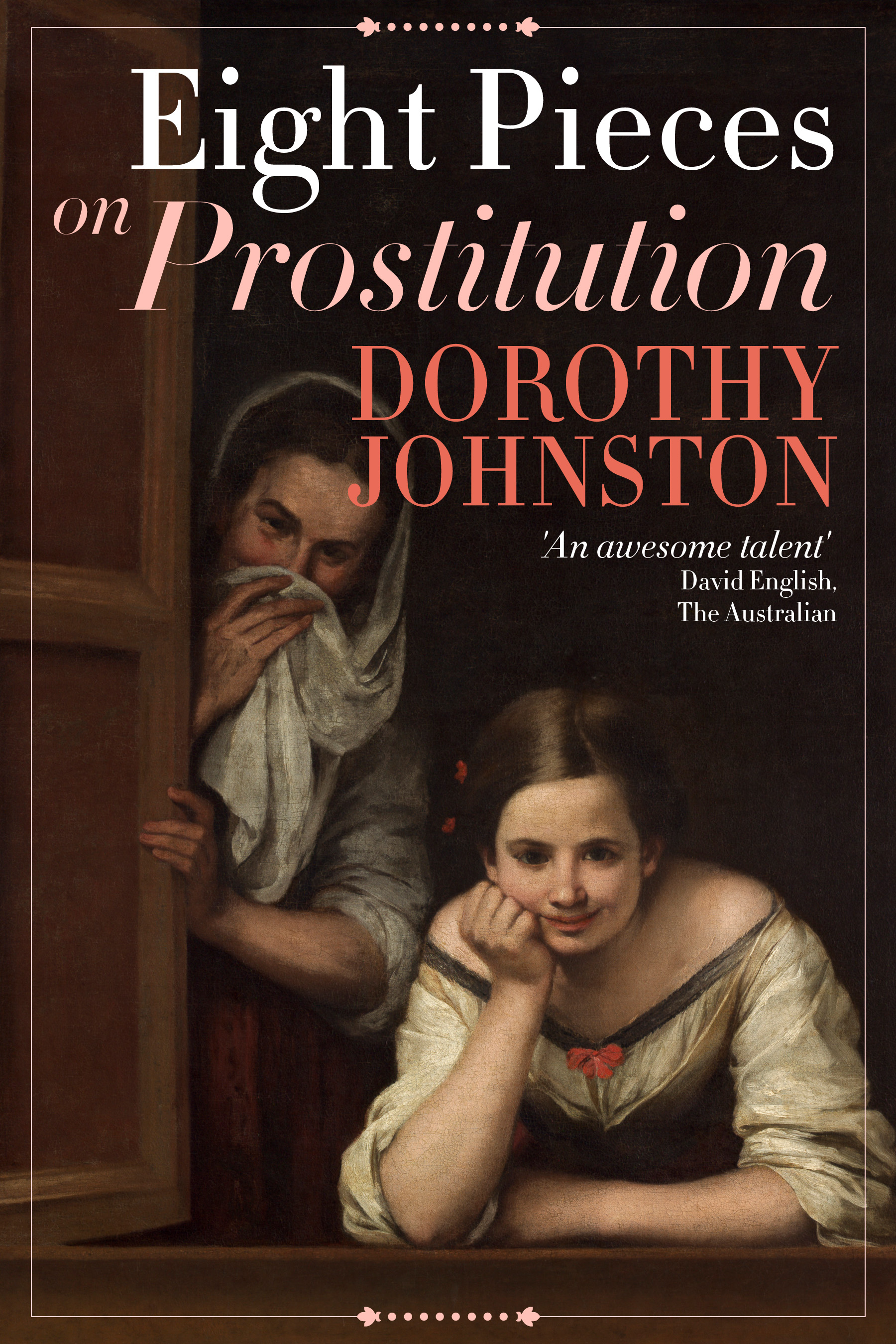
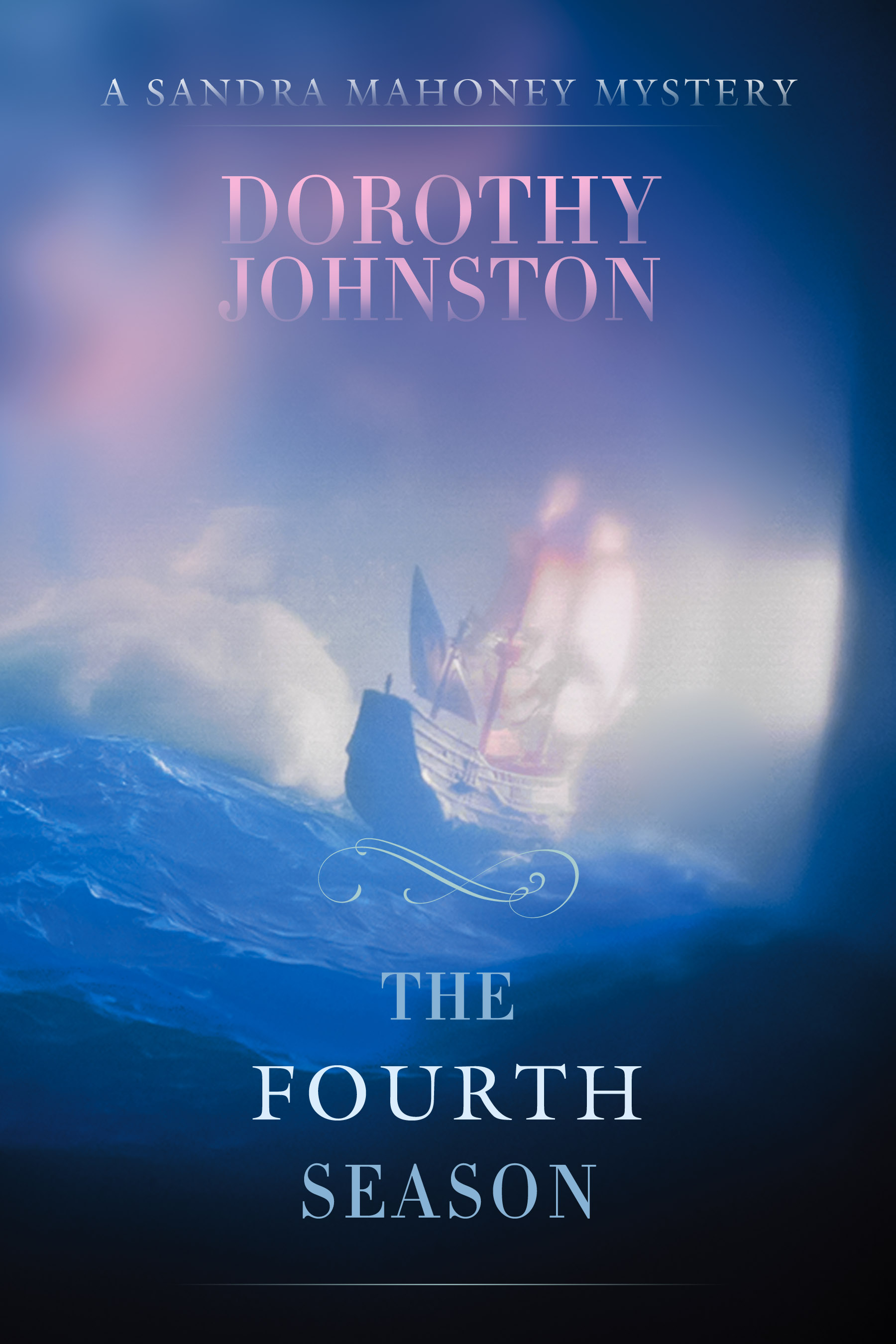
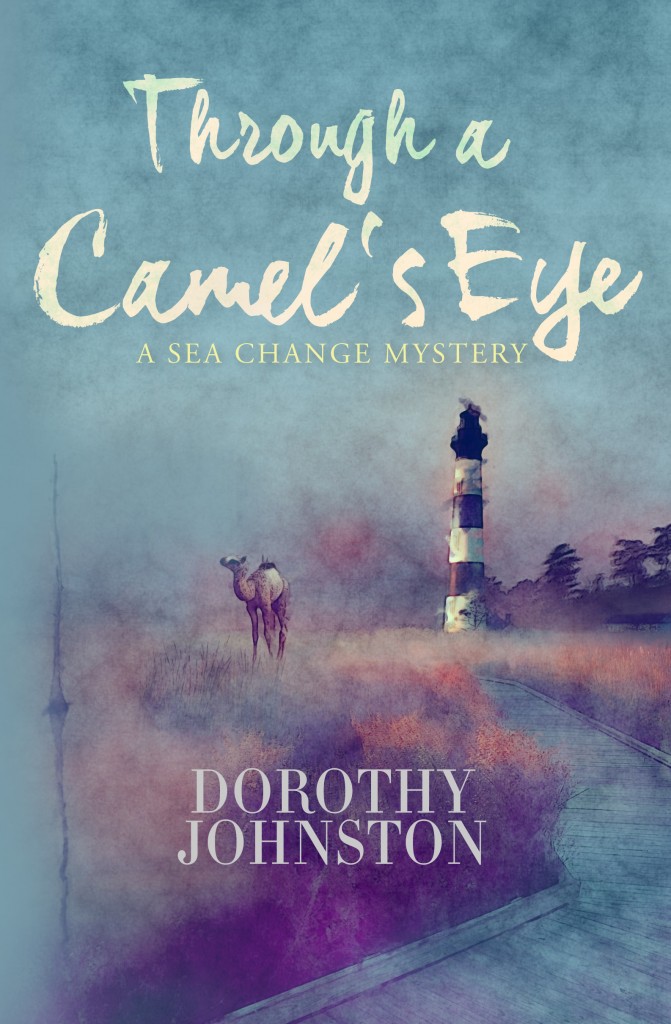
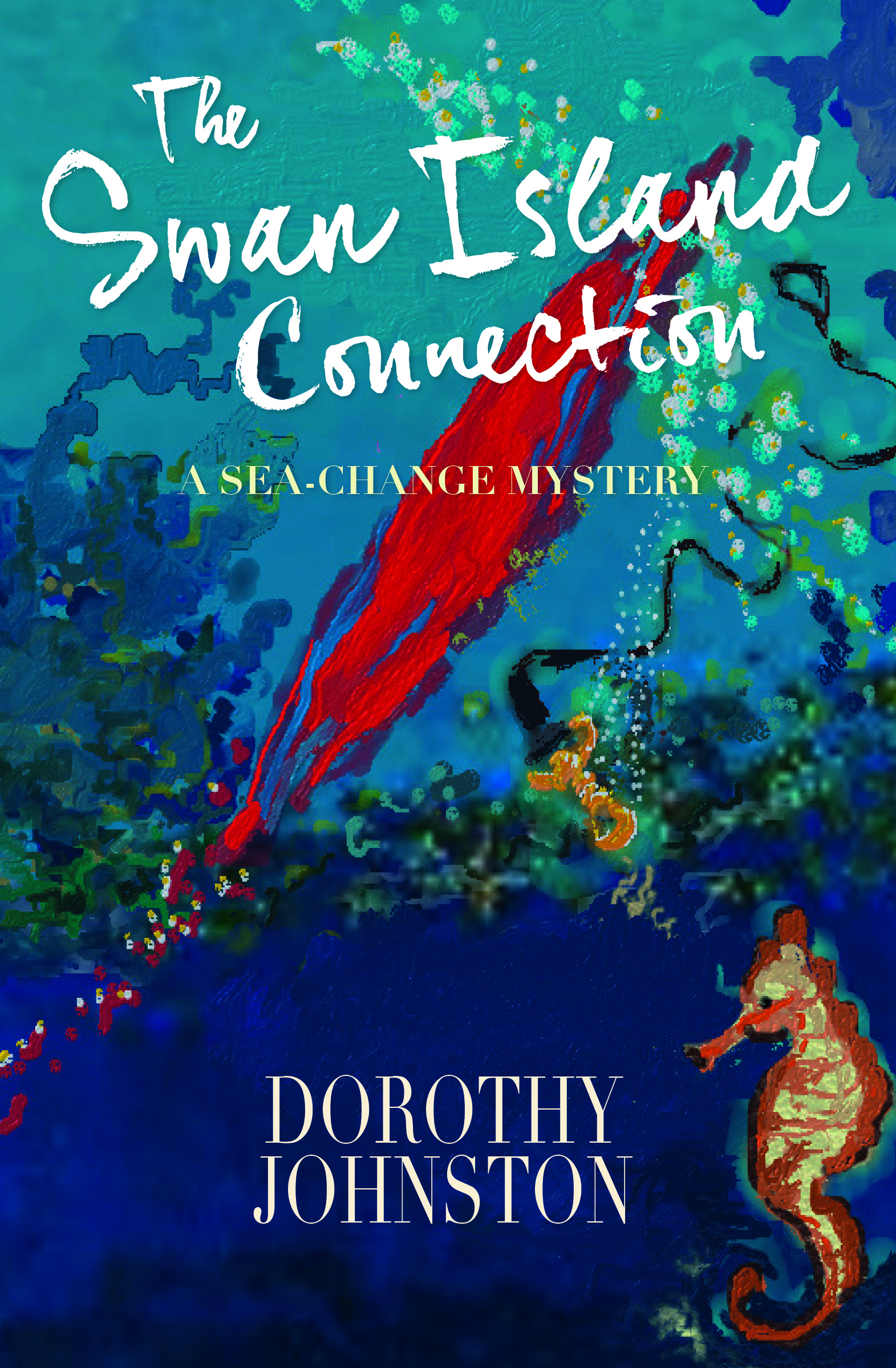
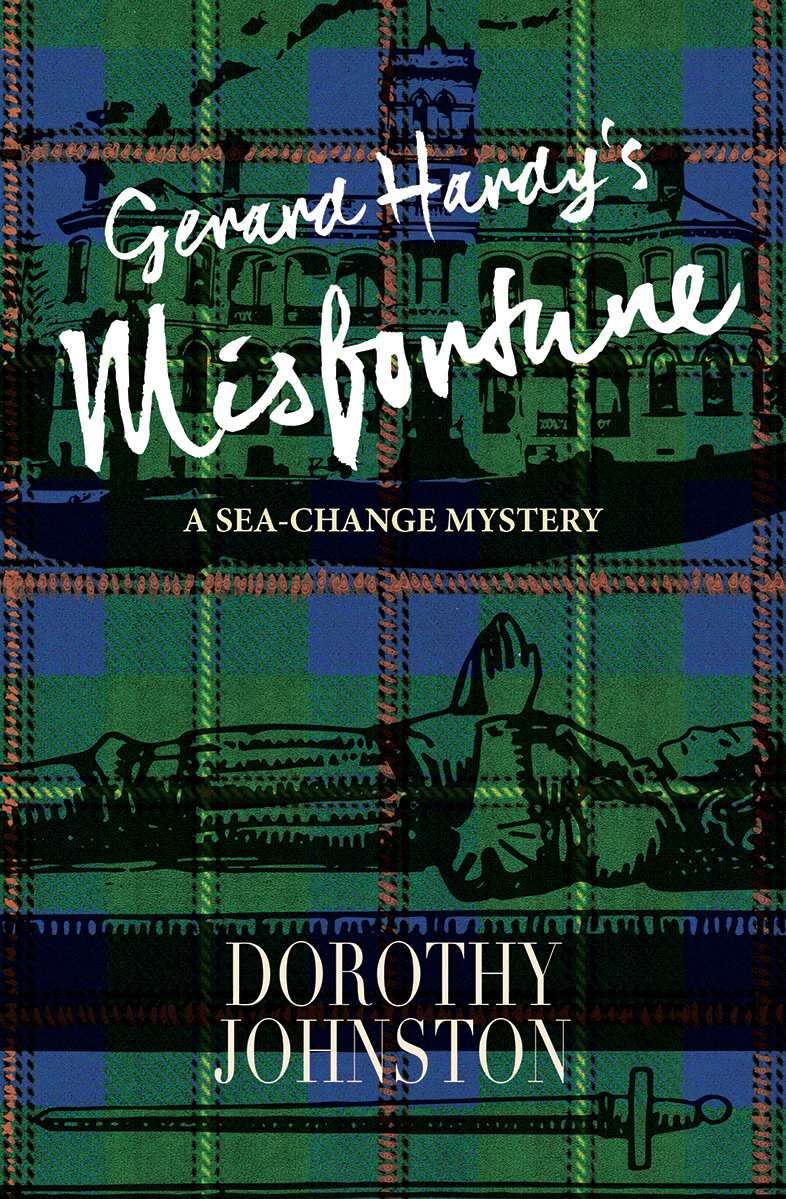
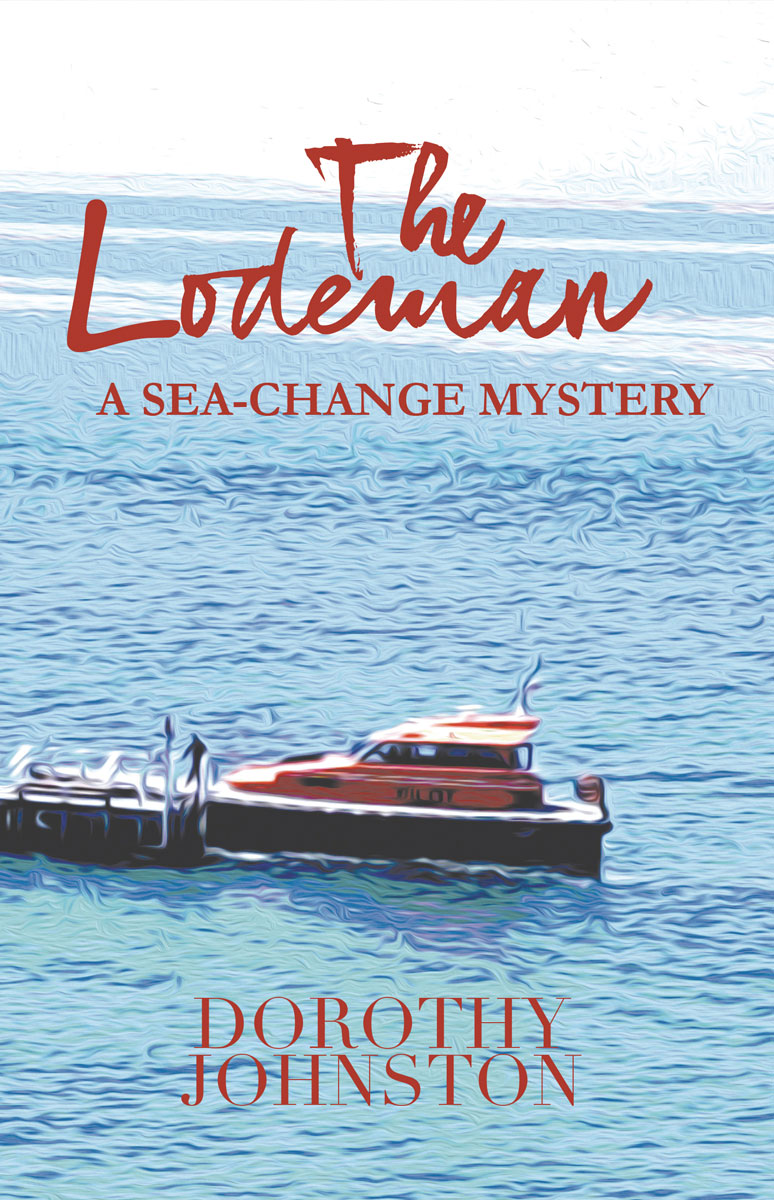
This is a really interesting question, Dorothy. An aspect you haven’t directly addressed, though it’s there in the background, is the – well, you could almost call it an industry, at least a cottage industry – of Amazon reviews. These might be written by someone who hasn’t even read the book but is just doing the writer a favour, or trading a good rv for a good rv for their own book.
The judgment by personal taste is where the divide between the professional reviewer and the blogger is clearest. I suppose the writing of personal opinion rather than attending to what is going on in the book is another facet of the widespread view that one person’s opinion is just as good as another’s on any subject, and blogging builds on this.
Maybe it is a preoccupation of older readers, the question of what it is in a particular work of literature that makes it unique, that makes it last. What makes it, yes, better, than another. Maybe younger readers are more interested in what it does for them in the here and now, and for them it’s all about personal opinion.